News and features
Read the latest news and features about our world-leading research, discoveries, fundraising and philanthropy. If you want to keep updated on our news, you can follow us on social media or sign up for our Search newsletter.
If you’re a journalist and want to find out more, you can contact our media relations team.
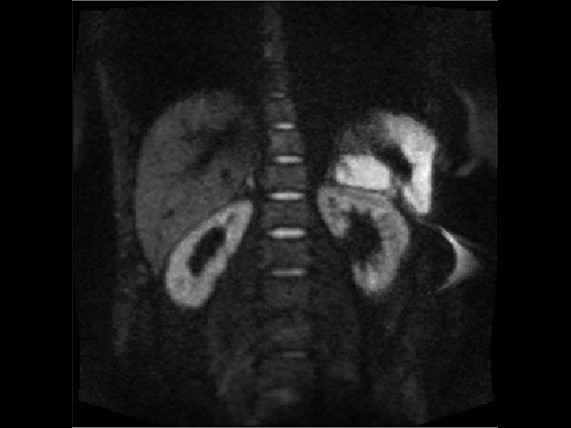
Simple tweak to MRI could sharpen images of cancers
A simple change in the processing of data from scans of cancer patients could sharpen images taken of tumours, a new study reveals.
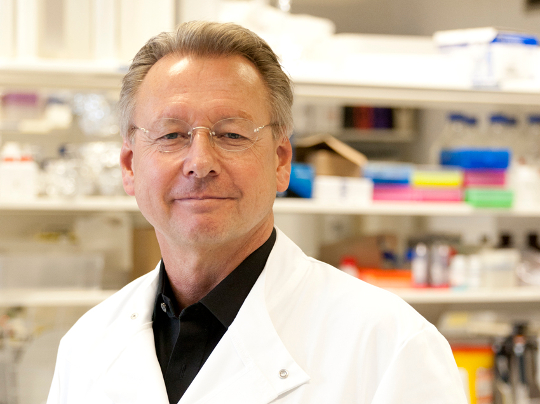
Universities must support networking for women in science, says Professor Paul Workman
Universities must offer women more networking opportunities and training in leading large teams to help close the gender gap at the top of science – according to the head of the UK’s leading research centre. Professor Paul Workman, Chief Executive of The Institute of Cancer Research, London, urged more support for female scientists to lead ‘team science’ initiatives in a roundtable discussion at the Academy of Medical Sciences today (Monday).

Scientists find previously unknown survival signals that can keep cancer cells alive
Scientists have discovered that a key cancer protein can promote the survival of cancer cells – even when targeted by drugs designed to block its main function.

‘Bad’ genetic changes outweigh ‘good’ for blood cancer patients
Patients with myeloma whose cancer cells carry genetic changes associated with both good and bad prognosis have outcomes similar to those with bad risk changes alone, a new ICR study reports.

Using sound waves to zap away cancer
Ultrasound can be used to supply focused energy in the form of heat in a technique called high-intensity focused ultrasound. The energy from this technique can be focused and used to selectively target tumour tissue.
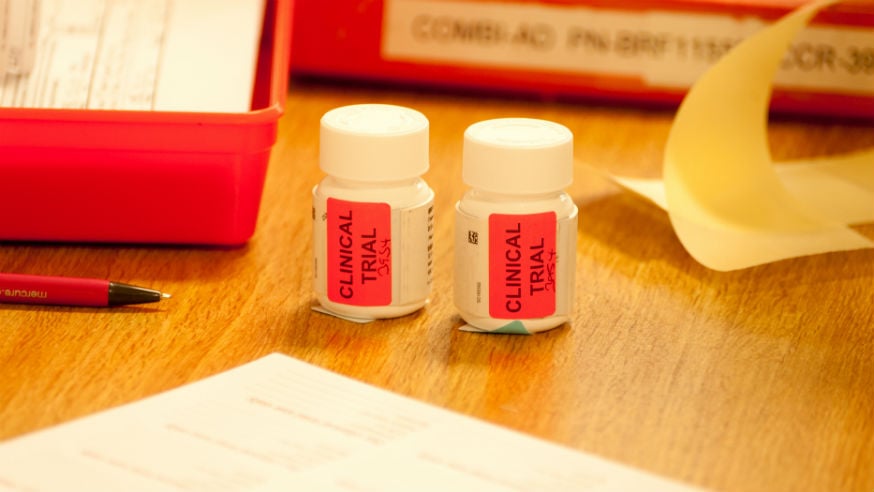
Cancer drugs should be licensed on smaller trials to cut prices
Earlier licensing could speed progress and reduce drug costs, global experts say.
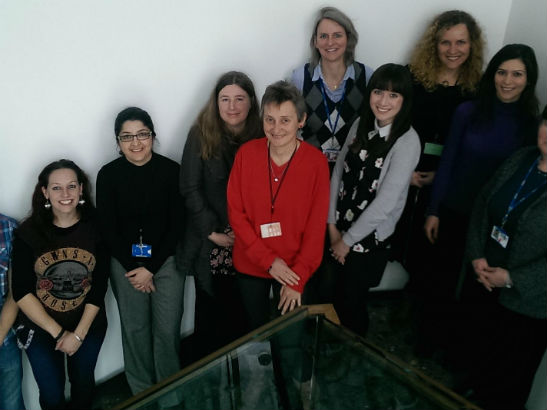
Chris Lucas Trust donates £300,000 to rhabdomyosarcoma research
The Chris Lucas Trust has made another generous pledge of £300,000 to support rhabdomyosarcoma research at the ICR.
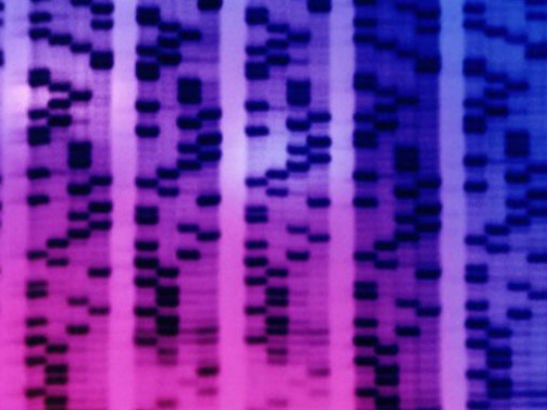
Major study links gene to drug resistance in testicular cancer
A major research study has uncovered several new genetic mutations that could drive testicular cancer – and also identified a gene which may contribute to tumours becoming resistant to current treatments.
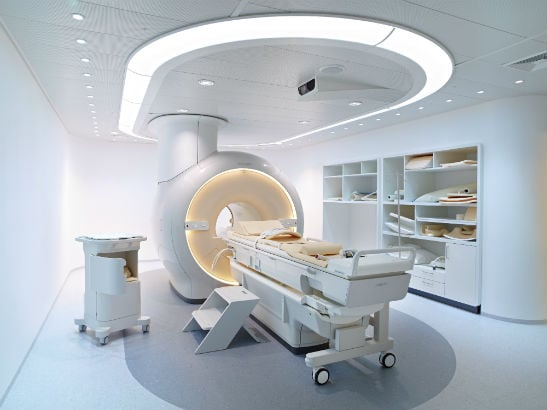
Sound waves being used to heat-treat cancer pain
A pioneering clinical trial is testing whether focusing high-frequency sound waves onto the surface of bone where cancer has spread can burn away the source of pain.
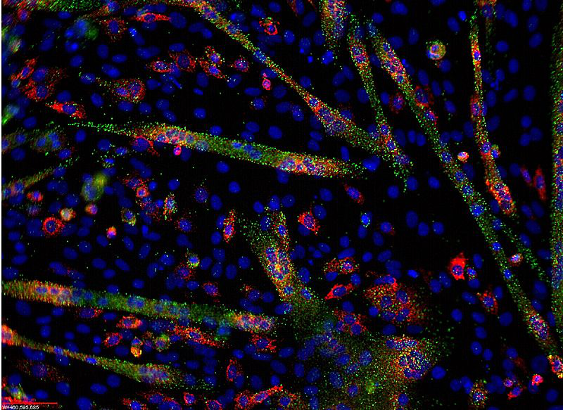
Using micro-RNAs in cancer research: little strands of genetic material with big promise
After the human genome project was completed, many people were surprised to learn that 98% of genome did not code for any functional genes. However, this ‘junk DNA’ holds surprising secrets, and is actually a hub of crucial gene-controlling activity.

Grandfather’s memory inspires challenge to Mount Kilimanjaro
Fundraiser Sean Chinn embarked on the challenge of a lifetime when he set off to Tanzania to climb to the summit of Mount Kilimanjaro. He raised an impressive £3,800 for world-leading cancer research at the ICR.

New pathway identified for debilitating skin condition
ICR scientists have discovered that a type of signal within tumour cells is critical to the development of a rare and debilitating inherited skin condition.
